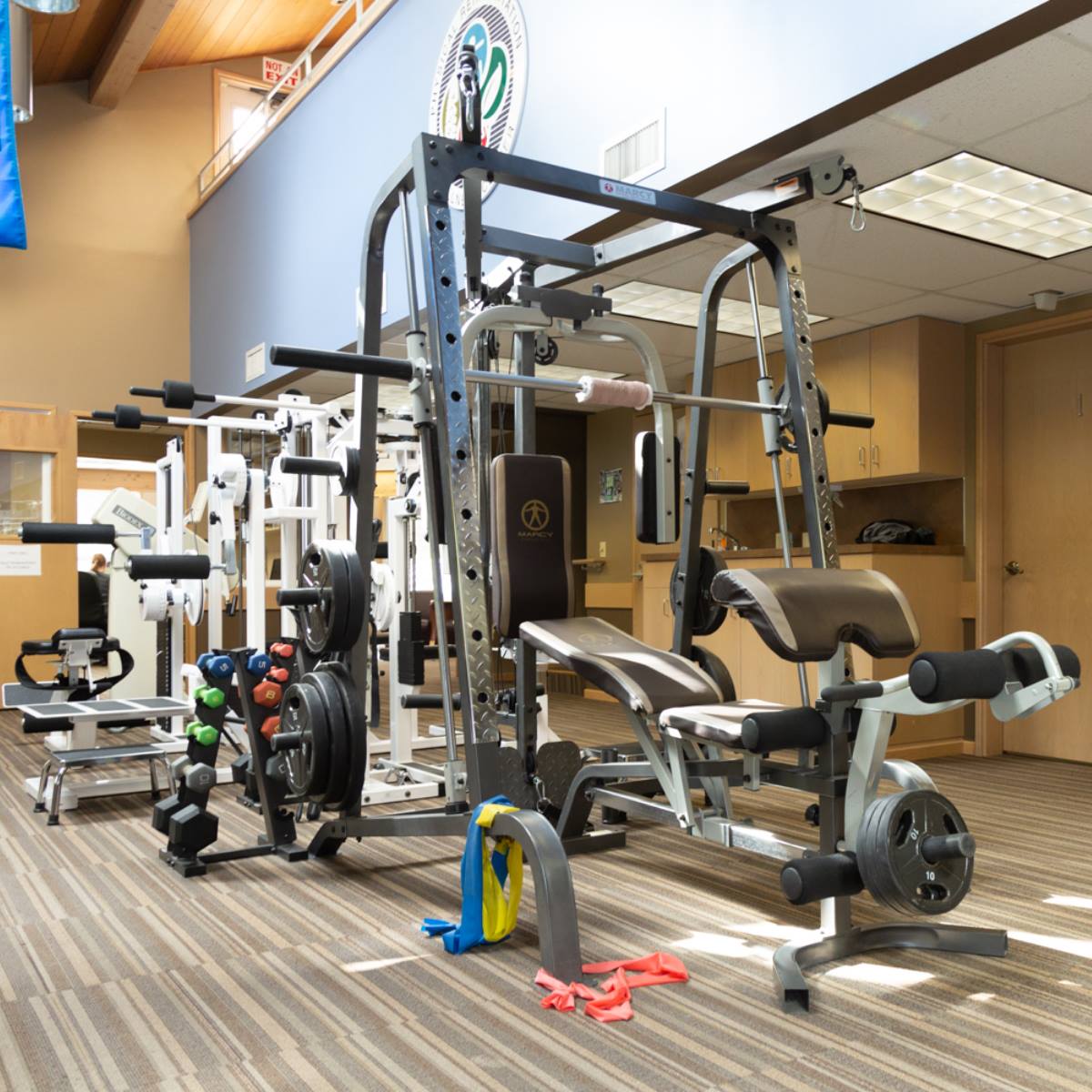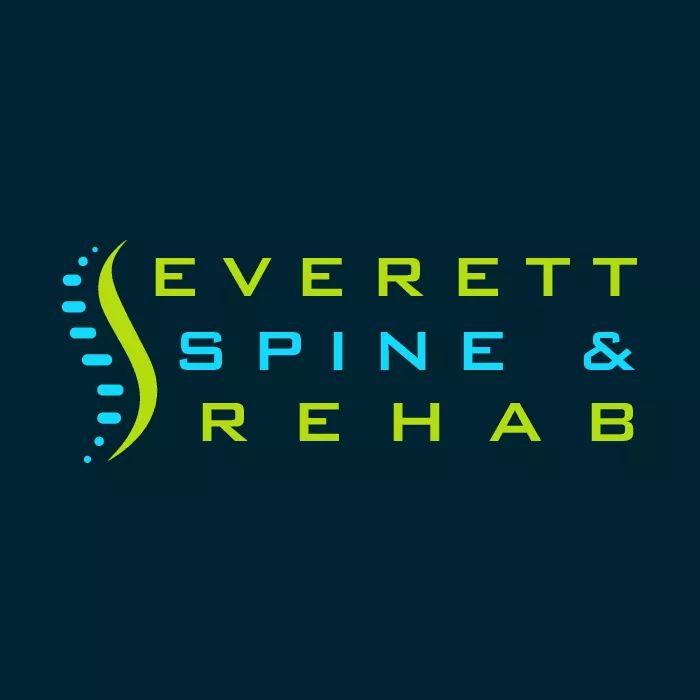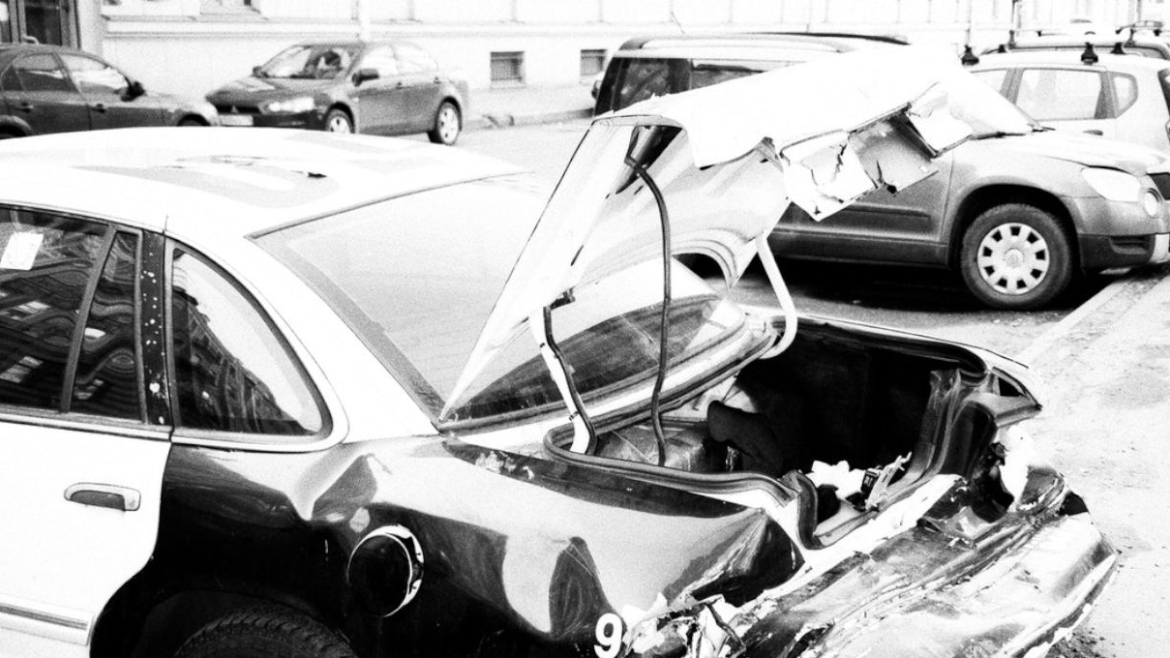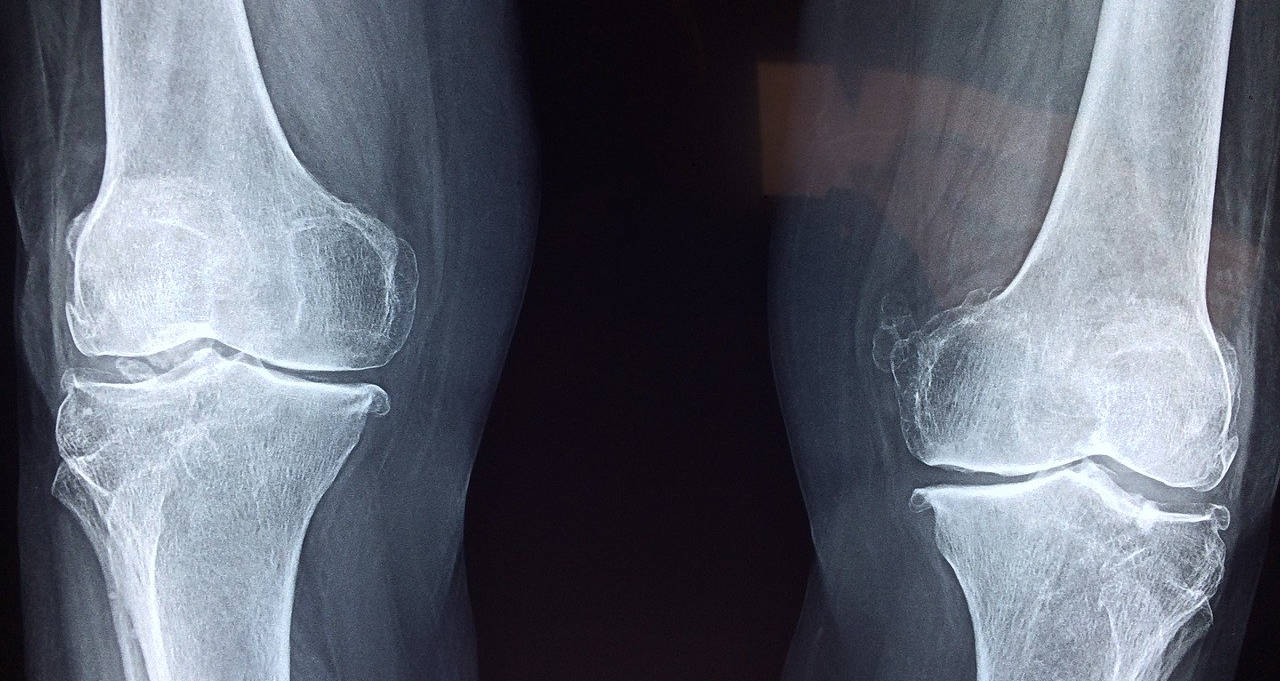Why You Need Physical Therapy for Neck and Back Pain After a Car Accident
According to the CDC, about 3 million Americans sustain injuries in car accidents each year. Though non-fatal, these injuries lead to substantial setbacks in time, money, and quality of life. In particular, back pain and neck pain left untreated can form chronic, life-altering conditions. Research shows that physical interventions make a marked difference in the recovery of car accident victims. These interventions lean heavily on a tried and true field of medicine: physical therapy.

Physical therapy’s value lies in its one-on-one patient care focus. A physical therapist examines your individual physiology, damaged tissues, and current restrictions from pain or discomfort. Based on this evaluation, they create a comprehensive treatment plan to improve ease of movement in a progressive, systematic way. Treatment plan initiatives include stretches, strength exercises, manual manipulation (like therapeutic massage), and personalized education on how to move in an efficient, balanced, and non-strenuous way.
One major advantage of physical therapy: motivation toward consistency. Rather than relying on patients to carry out treatment recommendations at home, physical therapists coach their charges through each appointment. It’s difficult to skip an exercise when you’re being watched! Their expert eyes also pretty much guarantee that you will perform the movements correctly, maximizing benefits and minimizing further harm.
And let’s not forget: physical rehabilitation can be hard. Certain injuries can make even a simple arm lift or neck rotation painful - and that struggle with basic movement can feel so discouraging to some patients. That’s why physical therapists do more than bark orders and count reps. They provide emotional support along the way, which can spell the difference between completing or abandoning a treatment plan.
The benefits of competent physical care for whiplash, neck pain, and back pain are well documented. Numerous case studies demonstrate pain and limitations reduced or eradicated in just a few weeks’ worth of effective treatment.
Now consider mental health. A serious car accident can shake a person’s confidence. Some drivers find themselves doubting their self-esteem, especially behind the wheel. While psychological care needs to address this directly, physical therapy does correlate with higher self-esteem in car accident victims. Empowering the body may indeed build your internal resilience to get back on the road. If you have been injured in an auto accident, even in a minor way, don’t neglect it.
You don’t have to live in pain. Remember that physical therapy’s efficacy far outweighs temporary discomfort and cost. Use your resources and get the intervention you need. If you are in Snohomish County, please see Everett Spine & Rehab.
Sources:
https://commons.und.edu/pt-grad/642/
https://www.jospt.org/doi/pdf/10.2519/jospt.2004.34.9.511
http://www.scielo.br/scielo.php?script=sci_arttext&pid=S0103-51502016000400703
https://www.cdc.gov/publichealthgateway/didyouknow/topic/vehicle.html
https://www.apta.org/your-career/careers-in-physical-therapy/becoming-a-pt





